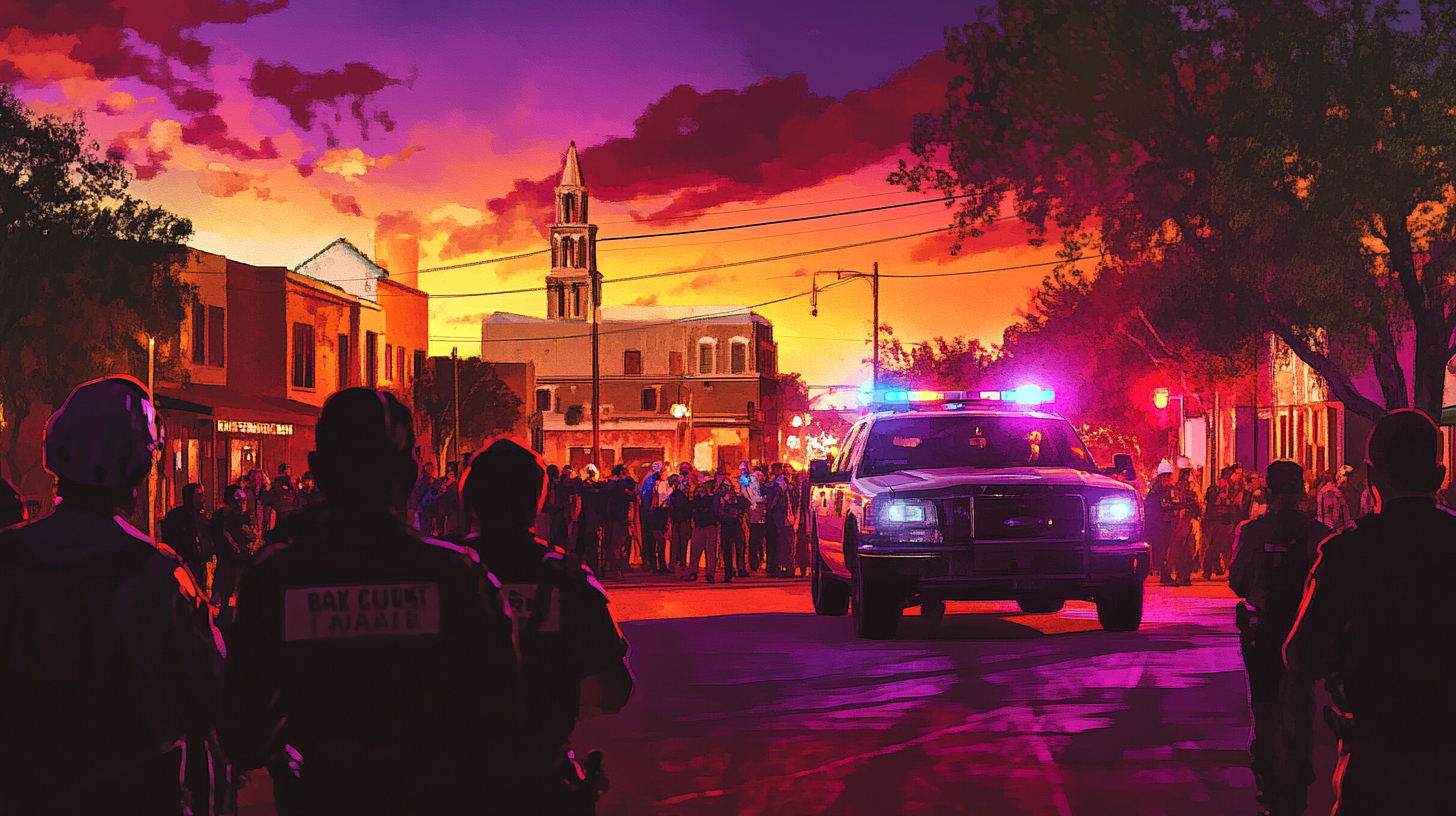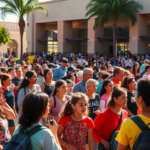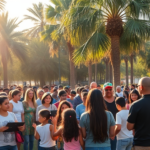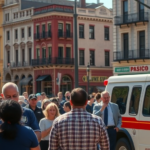Bakery Owners in Los Fresnos Face Charges for Allegedly Harboring Illegal Migrants
The Allegations
According to an official criminal complaint, HSI agents discovered and apprehended eight individuals suspected of being illegal migrants on the property owned by the bakery entrepreneurs. Among the detained were Roberto Ibarra Otero and Gerardo Sanches Martinez, both Mexican nationals without proper U.S. documentation. They confirmed the owners were aware of their undocumented status yet allowed them to remain on the property, implicating the owners in allegedly willfully harboring these individuals.
Legal Proceedings and Reactions
A preliminary hearing on February 21 ruled that there is “sufficient probable cause” for the case to advance. Consequently, Baez and Avila-Guel have been granted bail set at $100,000, with a stipulation of a $15,000 cash bond, and are pending further legal action. Despite the charges, the couple has been permitted to continue operating their bakery, a decision welcomed by their legal team but overshadowed by the anxiety of the pending trial.
Sergio Villarreal, the attorney representing Baez, expressed the mixed emotions of the accused: “All things considered, they’re resilient people. They were really happy when the judge granted them permission to continue operating and get back to work, but of course, they are distraught over the charges.” Jaime Diez, defending Avila-Guel, emphasized the broader implications: “These charges are scary and could easily apply to other property owners in the area.”
Legal Ramifications
The charges fall under sections 8 U.S.C 1324 (a)(i)(A)(iii) and (v) (II), which pertain to bringing in and harboring certain aliens, as well as aiding and abetting. These charges carry severe penalties, including fines or imprisonment for up to ten years. Special Agent Dillon Duke of HSI stated, “Bringing in and harboring certain aliens and aiding and abetting the harboring of aliens are serious offenses that the law views as threats to national security.”
Community Impact
The unfolding case has sent ripples across the community and raises pertinent questions about immigration and the ongoing challenges within the Valley. Many Valley residents have mixed views on the incident, reflecting on the complexities of immigration policy and its local impact. As Los Fresnos remains under this legal spotlight, it also opens a dialogue about the pressures faced by small business owners in South Texas amid immigrant community dynamics.
Residents fear potential repercussions for other business owners who may be unaware of similar liabilities. On the other hand, there is also a call for compassion, as many local businesses are integral to the RGV’s economy and cultural fabric and employ numerous individuals from varied backgrounds.
Connection to Larger Trends
The case in Los Fresnos mirrors issues seen in other parts of Texas and the nation, where lines blur between necessary immigration enforcement and the humane treatment of individuals seeking better lives. The Rio Grande Valley, with its rich heritage and diverse population, often serves as a focal point for these discussions.
Previous incidents in the region have highlighted the need for dialogue and reform, presenting opportunities for community leaders to advocate for responsible policy adjustments that protect both national security and human dignity.
Future Implications
Looking ahead, the resolution of this case could influence future legislation or enforcement strategies in Cameron County and beyond. It underscores the delicate balance between upholding the law and recognizing the Valley’s unique position on the frontlines of national immigration debates.
Community leaders and policymakers might use this situation to reassess local ordinances and bring clarity to responsibilities concerning immigration issues, potentially leading to workshops or guidelines for local businesses.
Resources and Support
For Valley residents seeking information or support related to immigration issues, organizations such as La Posada Providencia and local community centers offer assistance and guidance. Furthermore, community forums are expected to discuss the implications of this case, providing a platform for public discourse.
In summary, the charges against Leonard Baez and Nora Alicia Avila-Guel illustrate the ongoing complexities surrounding immigration in the RGV. As the community processes this news, the story highlights the broader intersections of law, business, and humanitarian concerns in South Texas.







